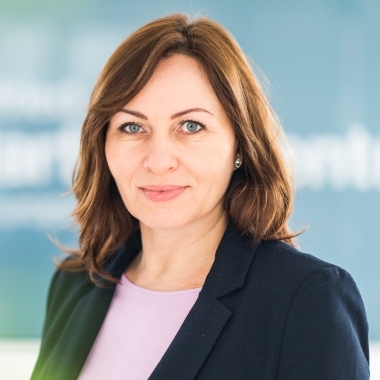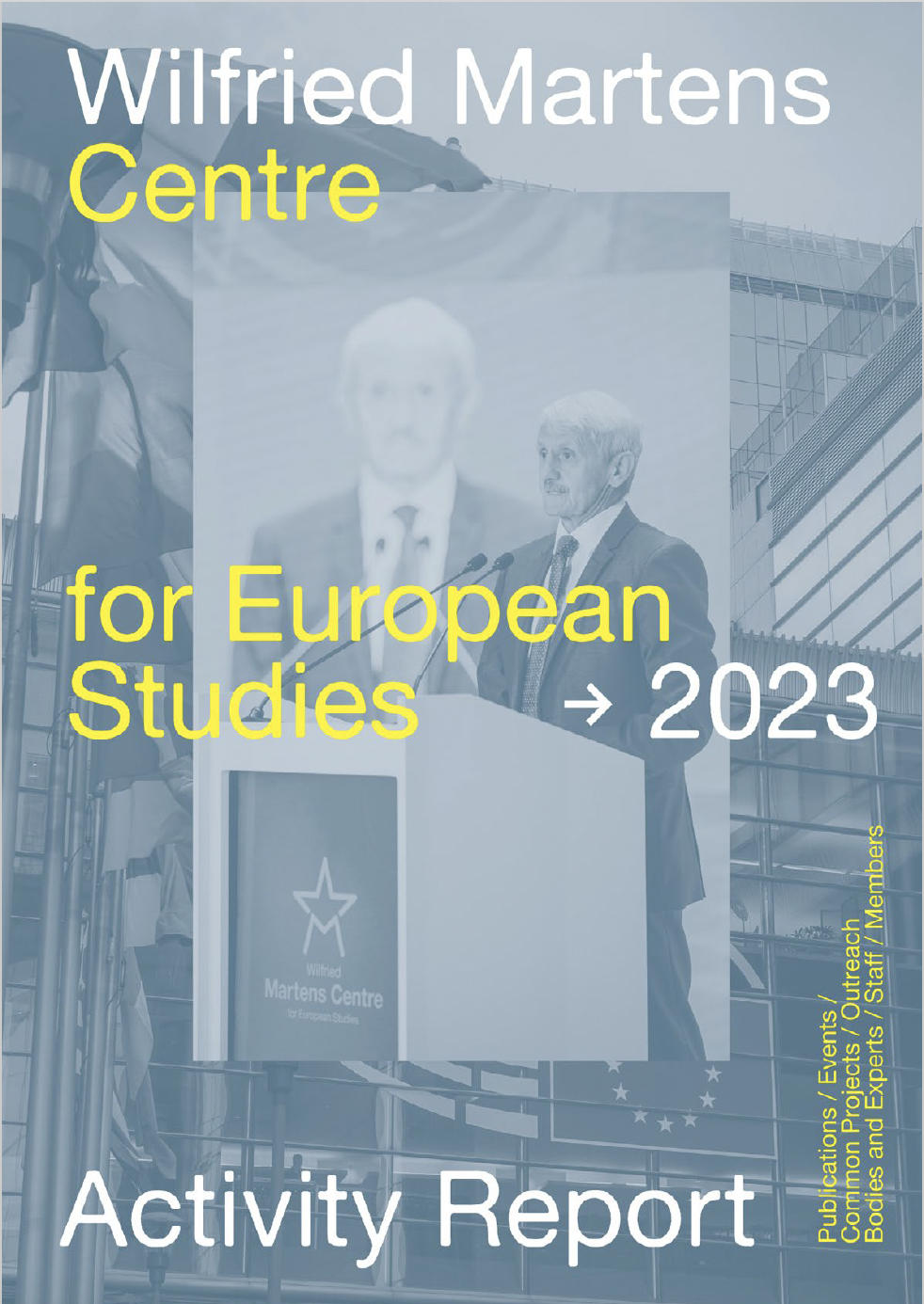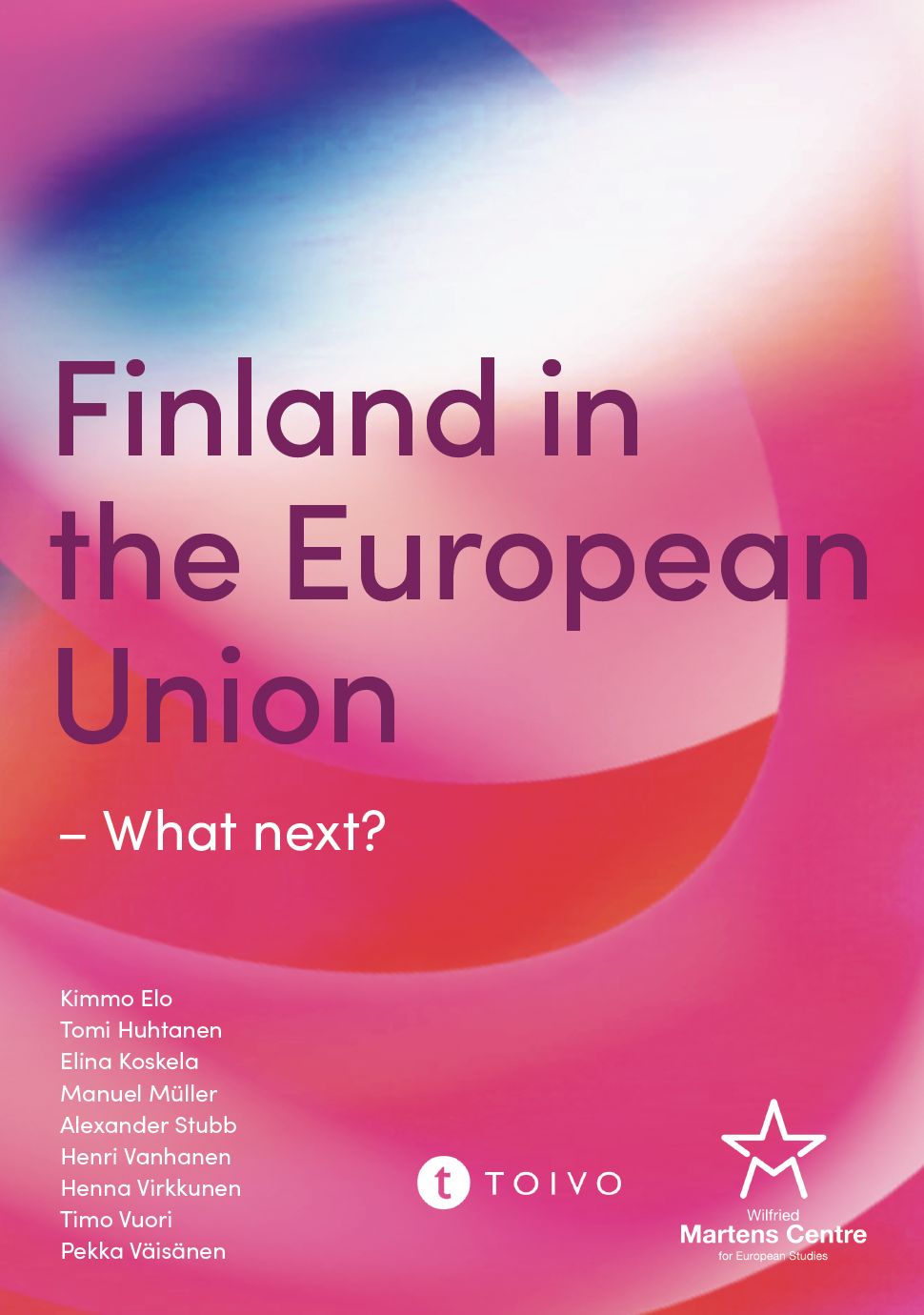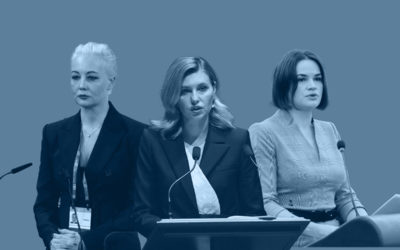Slovakia and the Pandemic: Never let a crisis go to waste
02 April 2020
The outcome of the Slovak parliamentary election held one month ago resonated with the mood of Slovak society, which clamoured for a change. Election winner Igor Matovič and his party OĽANO, (Ordinary People and Independent Personalities) was the only opposition party to have tapped into that emotion. With a pledge to rid the state of the mafia, it sent into opposition corrupt socialists after they had spent almost twelve years in power. The election also brought other surprises, such as the failure of the ambitious conservative-liberal alliance Progressive Slovakia and SPOLU (Together) to obtain seats in parliament or yet another failed parliamentary attempt by the Christian Democrats. Still, there was no space for their political analyses. Winners and losers alike lacked time to process emotions brought up by the election results.
This lack of time was due to the COVID-19 pandemic, which also resulted in the appointment of the government in the record time of three weeks. The new government took over the reins with a collapsing healthcare system and with no reserves of medical supplies. With its slightly more than 400 infected patients to date, Slovakia belongs to the less affected countries. This may be due to insufficient testing capabilities as well as the timely introduction of strict measures and a disciplined population. What played its part in this regard was not only a health concern, but also a particular legacy of communist times. Back then, civil defence drills to prepare for enemy attacks and donning oxygen masks were a normal part of life.
The fragility of the new coalition
Igor Matovič, a seasoned political marketer with a propensity for populism and an admirer of Orbán’s national referendums, undoubtedly had a different idea about taking over the reins of power. Even under standard circumstances, his coalition consisting of parties with diverging views about relations with the EU, and also regarding fundamental ethical issues, would draw bets on how long it would survive. OL’ANO is hardly a normal political party and is run by Matovič like a company. His theatrical manner of appearance, egocentrism and tendency to shoot from the hip has earned him the reputation of a dangerous manipulator, not only in the media.
A security risk exists with the second strongest party, Sme Rodina (We Are Family). Its chairman, who has a history of mafia contacts and money laundering, is currently the speaker of parliament. The party is a member of the same political group in the European Parliament as Marine Le Pen and Matteo Salvini.
The third member of the coalition is the SaS (Freedom and Solidarity), with its chairman Richard Sulík advocating the return of EU governance to the state level. In 2012, his party did not approve the European Stability Mechanism in a vote serving as a proxy for expressing confidence in the government. This resulted in the demise of the pro-reform government and the comeback of the socialists. Ironically, this time, Sulík as the newly appointed minister for the economy, will call on the help of the ESM to bail out entrepreneurs who are in danger of going bankrupt.
The Za ľudí party (For the People), was also made part of the coalition mainly to obtain the constitutional majority. Its chairman ex-president Andrej Kiska gave up his mandate on the grounds of health making its further crystallization or European profiling remain unclear.
The campaign is over, leadership is needed
Faced with the pressure of the predicted broad spread of the virus, the extraordinary government sessions take place on a daily basis. The biggest car manufacturers shut their factories two weeks ago. Every day brings new self-employed entrepreneurs unable not only to pay their bills, but even to provide for the basic living necessities of their families.
However, the adoption of relevant measures will have to be intensified even further. The media note that Prime Minister Matovič has not yet been able to switch from a campaigning mode to assuming an executive position, as he spends much of his time speaking to the cameras rather than sitting at the negotiating table. Considerable criticism has also been raised by the newly adopted “lex corona” legislation, which allows monitoring people infected with the virus via mobile operators. Let’s hope that such information will not be misused and that Slovakia will not follow the path of Hungary, which restricted democratic freedoms, allegedly in the name of the fight against the virus.
Despite the internal ideological discrepancies, the new Slovak government enjoys considerable support from Slovak society. This is also a consequence of the fact that the opposition is being represented by corrupt socialists and neo-Nazis, who are just waiting for the first faulty step of the current government.
The opportunity is there for Igor Matovič himself to prove, through extensive engagement, cooperation and supporting solidarity within the EU, that his election was the right choice for Slovakia. He has a tremendous opportunity to not become another Beppe Grillo, but a statesman who will lead the country out of this crisis.
ENJOYING THIS CONTENT?




















